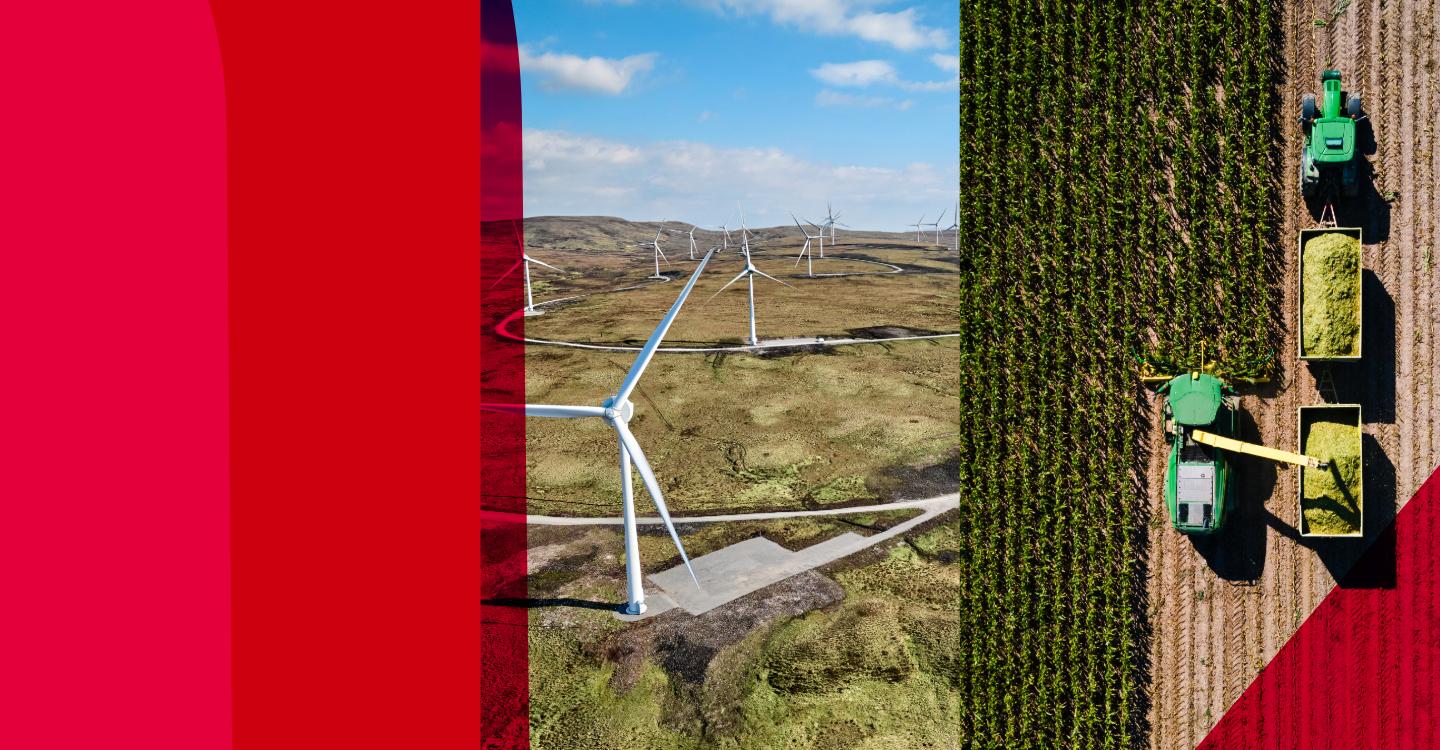Tim Macdonald
- Partner

A recent decision by Scotland’s tax tribunal has overturned long-standing Revenue Scotland and HMRC guidance, opening the door for commercial property tenants to claim back tax they were wrongly told was due on lease extensions.
Archer (UK) Limited, an oil and gas drilling company, took Revenue Scotland to the tribunal over a disputed tax bill for £155,090 on a Minute of Variation extending a lease. Originally, the dispute had been about how much tax was due, but the tribunal held that no tax was due at all as the extension fell into an unintended gap between two property tax regimes.
On 1 April 2015, Stamp Duty Land Tax (SDLT – a UK tax on property transactions) went out and Land and Buildings Transaction Tax (LBTT – a devolved Scottish tax) came in. To govern the transition, regulations were made to deal with a variety of situations where some parts of a transaction occur before the changeover, and some occur after. One of those was non-residential leases which began before the changeover, and are then extended – either in terms of time (i.e. the expiry date is pushed back) or space (i.e. extra premises are added into the lease) – after the changeover. For example:
Revenue Scotland’s view was that the extension was taxed as a new seven-year lease beginning 1 April 2022. This would mean paying LBTT based on seven years’ rent, and compliance with LBTT’s three-yearly review regime – further returns are due every three years and also when the lease ends, even if nothing has changed. The goal is to ensure that every part of the lease term is taxed under one regime or the other, but not double-taxed.
However, a thorough reading of the regulation itself reveals that its real meaning is not what Revenue Scotland thought. The whys and wherefores are highly technical, but at the root of the misunderstanding is a key difference between English and Scottish lease law, which had long been a bone of contention between the Scottish legal profession and London-based HMRC. English property law, unlike Scottish law, already treats lease extensions as a new lease, so they would be taxed as such anyway without a special rule to say so.
The upshot is that – if the decision stands – tenants who have submitted an LBTT return and paid tax on extensions of leases that began under SDLT may be able to apply for a refund. This does not apply where the original lease was signed on or after 1 April 2015 (with very limited exceptions) – those leases began life under LBTT so aren’t affected by the changeover from SDLT.
However, we understand Revenue Scotland is appealing the decision, so the position could change if they are successful.
Normally, tax refunds can’t be claimed after five years have passed since the return was filed. While we aren’t yet certain, that time limit is likely to apply to these cases, so if you paid tax on a lease extension a little under five years ago, now is the time to act.
If you feel you may be able to claim a refund or would like any more information on the discussed matter, please contact Tim Macdonald (Tim.Macdonald@andersonstrathern.co.uk) or a member of our team.